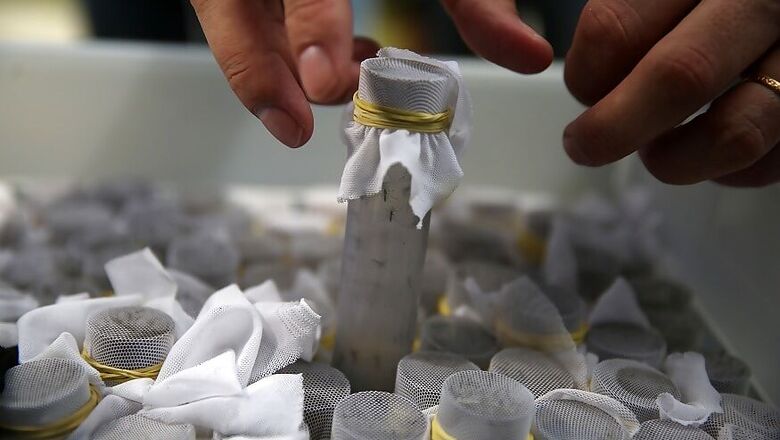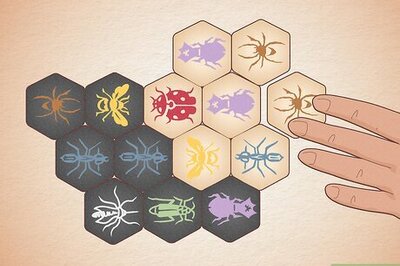
views
Turns out, the Nazis had developed an effective substance that showed immense promise while dealing with insect-borne diseases.
Now, US scientists from New York University, who rediscovered it, say it might have changed the course of the 20th century if it had not been forgotten.
Researchers managed to uncover a powerful insecticide called DFDT that could make combatting insect-borne diseases much easier. Besides, it is much less damaging to the environment.
Notably, the scientists made the discovery, while working with DDT. By changing the structure of DDT, they came up with DFDT and tested it on mosquitoes and flies.
The researchers found out that DFDT managed to kill mosquitoes responsible for diseases such as Zika, Dengue and Yellow Fever two to four times faster. But what was more intriguing was the fact that when they attempted to found out whether the substance had ever been used in the past, they discovered that DFDT had a connection to Nazi Germany.
A Sputnik news article cited Bart Kahr, professor of chemistry at New York University and one of the authors of the study as saying that they were surprised to discover that in the very beginning, DDT had a competitor, but it did not gain popularity because of its connection to German military and other political and economic circumstances.
According to the scientists' report, the substance was made by the Nazis during the Second World War and was used by them in the Soviet Union and North Africa for insect control.
However, when allied forces discovered DFDT, they questioned its qualities and a declassified military report cited by the researchers read that while the Germans claimed that DFDT was a superior to DDT, were not supported by their "meagre and inadequate tests against houseflies."
Notably, Swiss chemist Paul Müller, who received the Nobel Prize for his work with DDT too insisted that the DFDT was more effective and should replace the former in the future.
According to the researchers, the DFDT discovery is crucial as the world needs quicker working insecticides with a sharp spike in mosquito-borne diseases across the world.




















Comments
0 comment